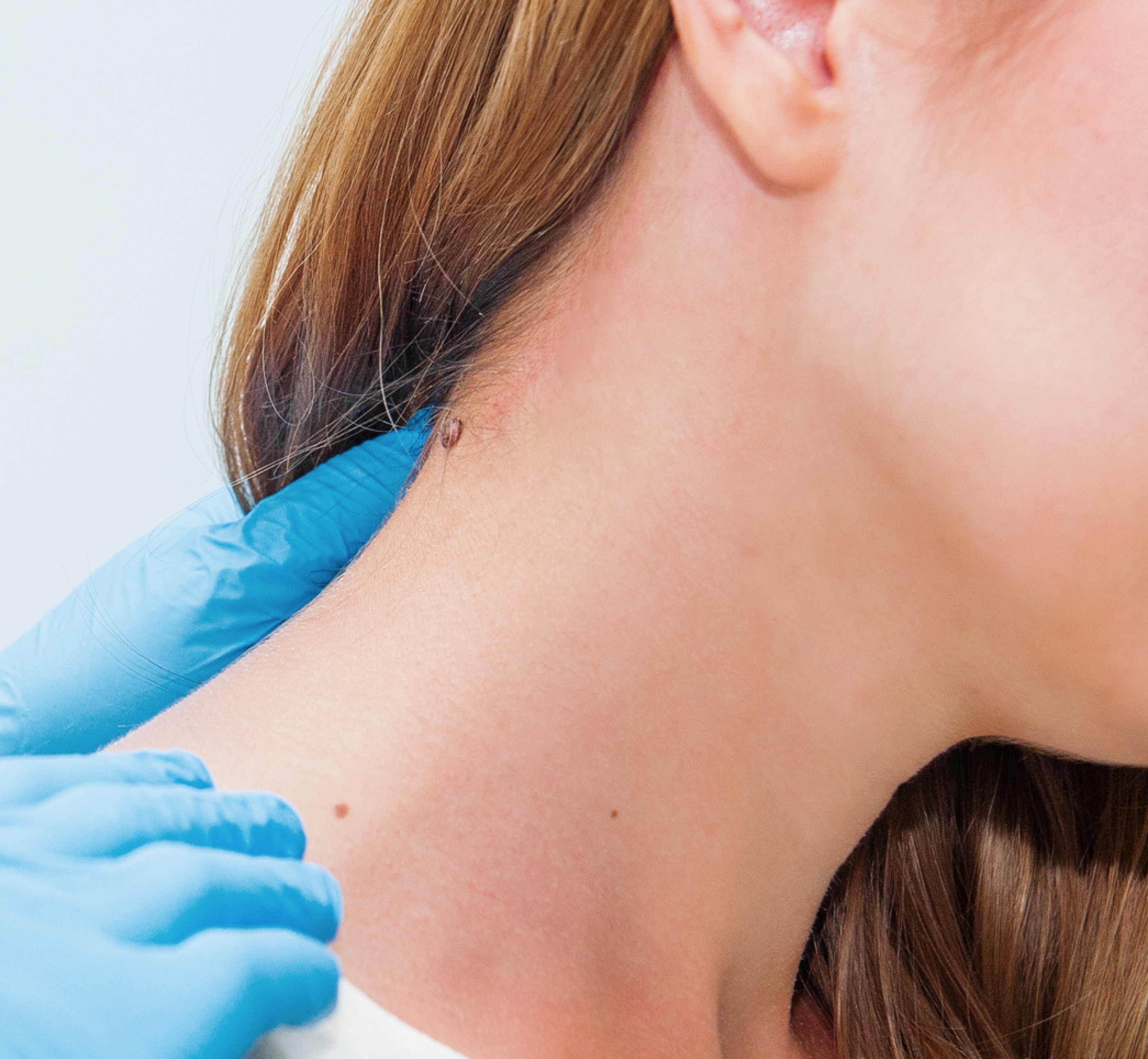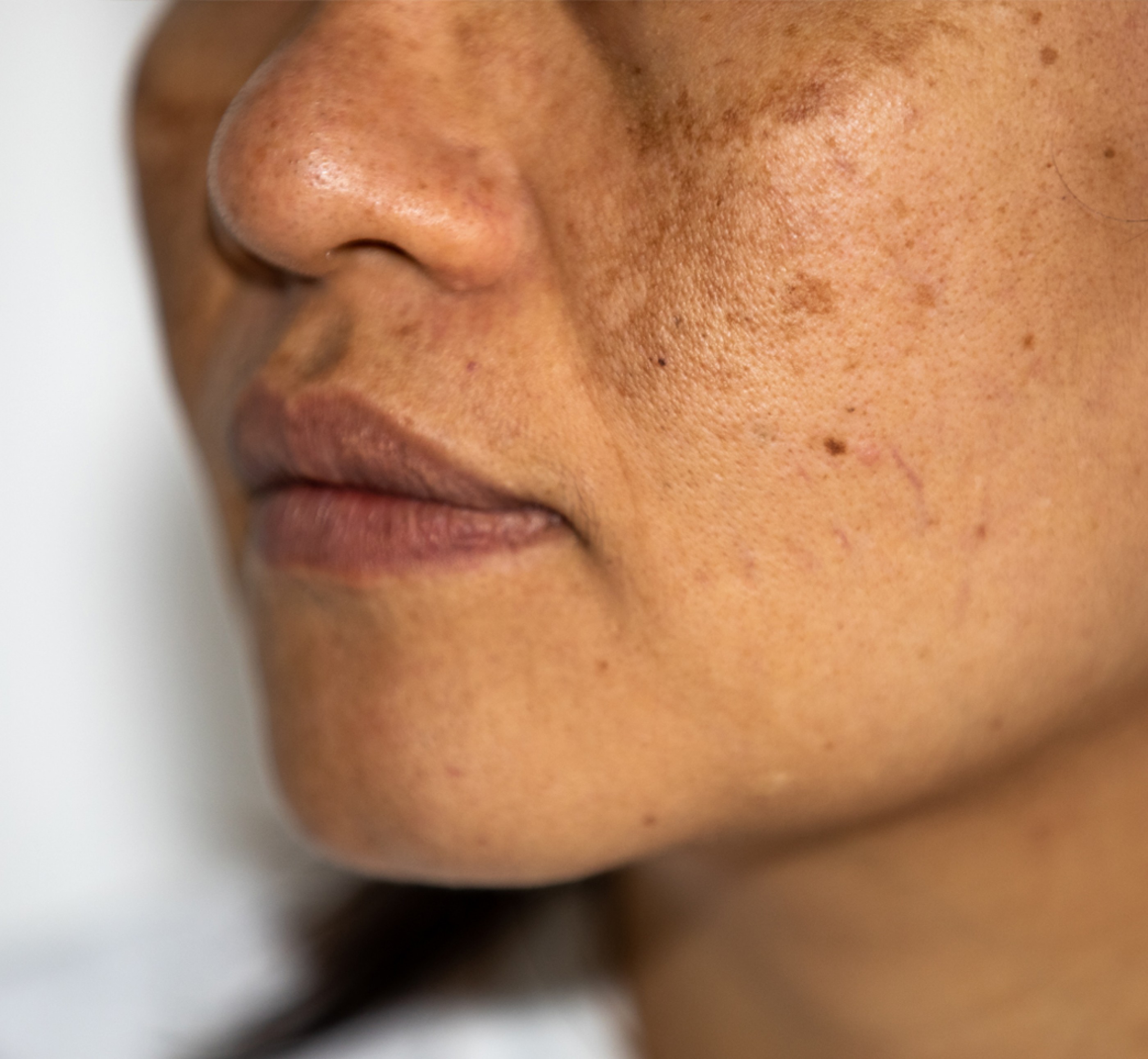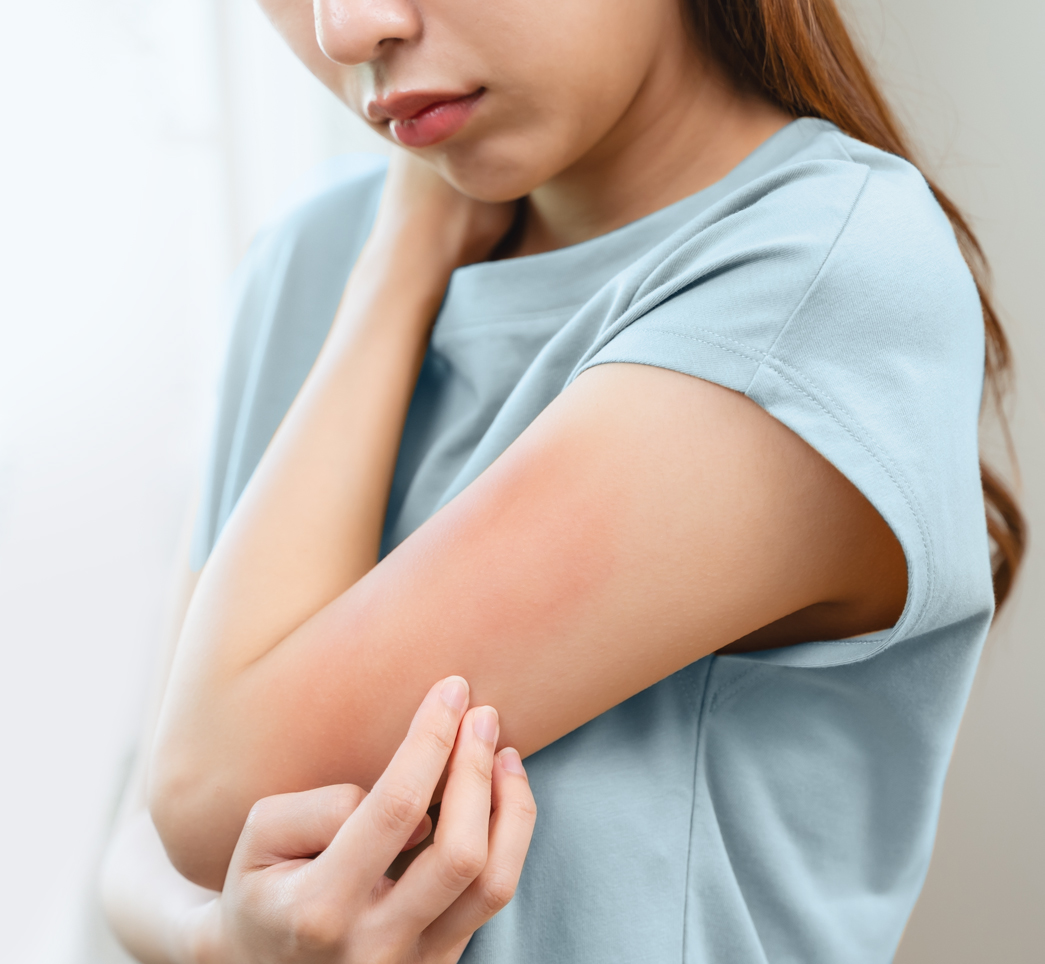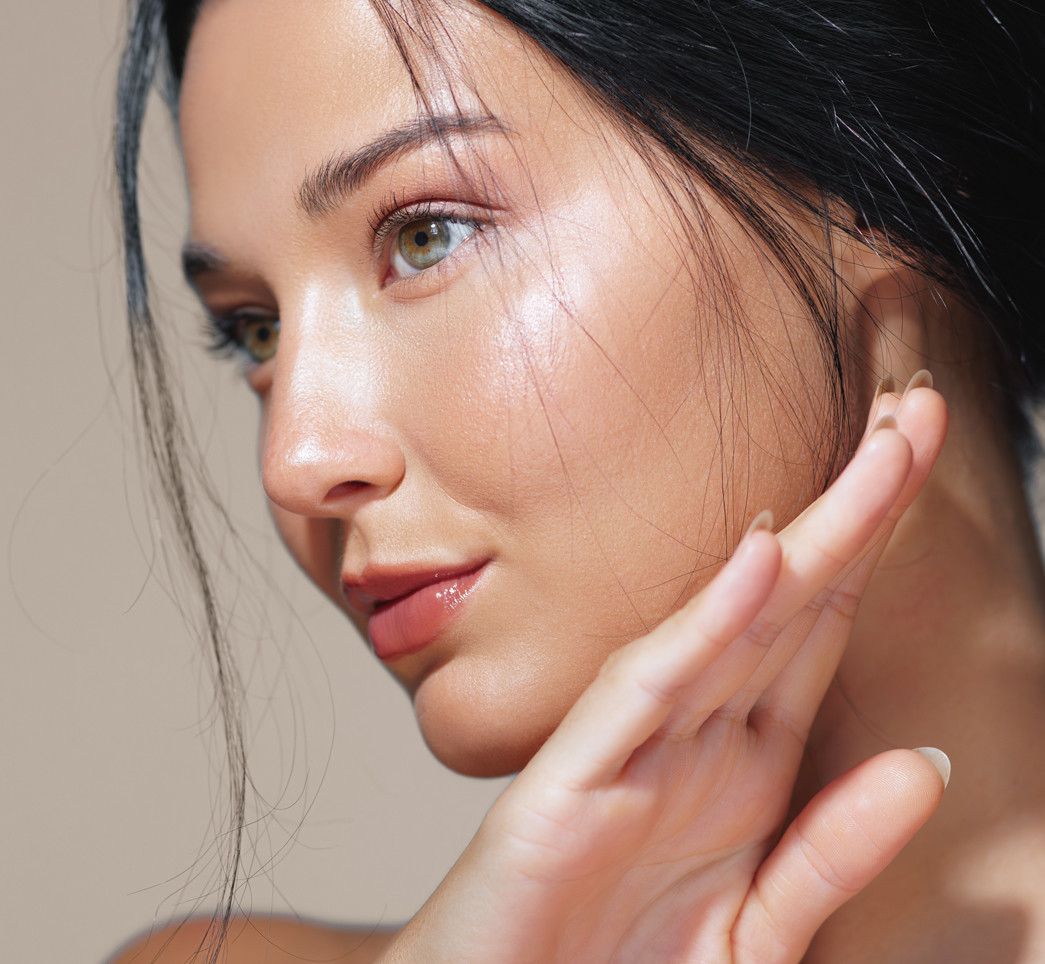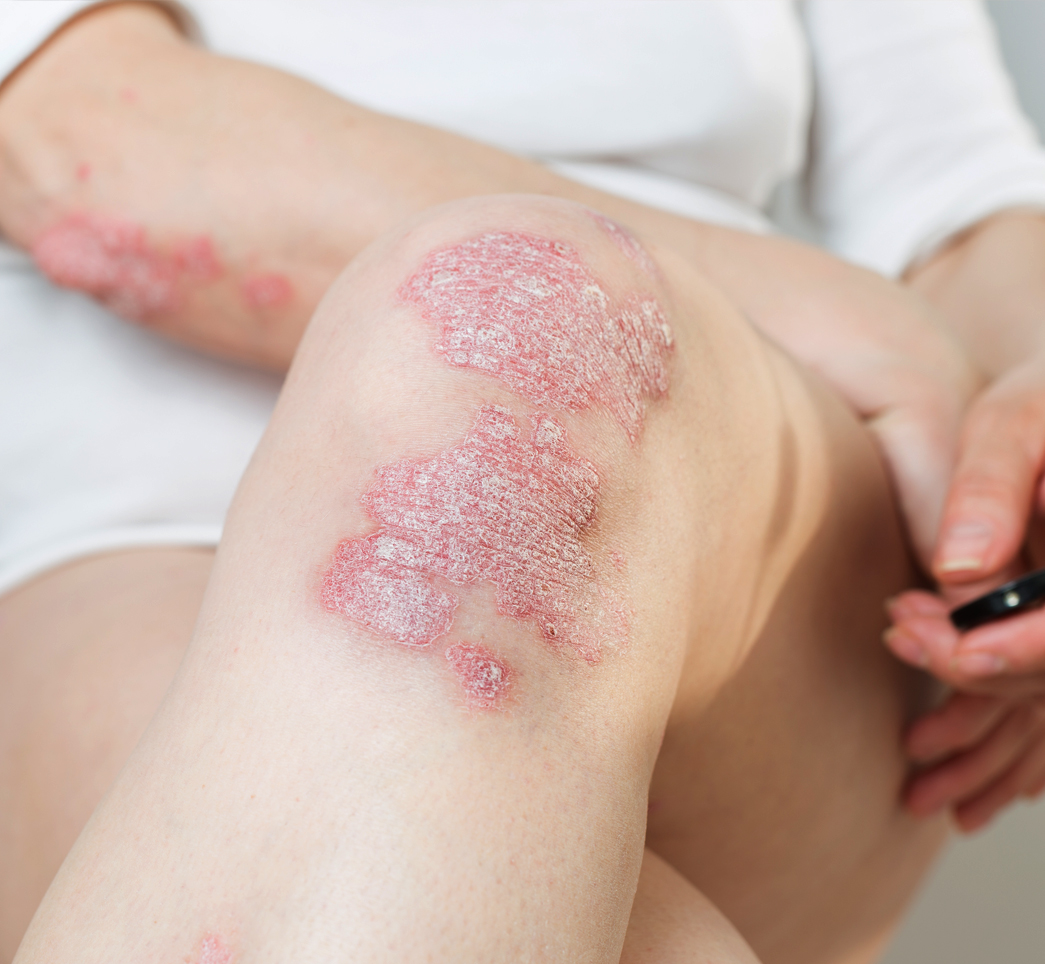The Blog

As a dermatologist with a personal connection to skin cancer through a family member, I am deeply committed to spreading awareness not just in May, but year-round. Understanding the importance of being informed is critical for raising awareness about skin cancer. Differentiating between facts and fiction is the first step in educating the public. By dispelling common myths and providing accurate information, we can help more people take preventative measures and seek early treatment.
At Johns Creek Dermatology, our mission is to provide comprehensive care and education to ensure the health and well-being of our community. Explore the truth behind the myths to learn more about skin cancer and discover small steps that can help prevent it.
Myth: If a mole doesn't change shape or size, it's not cancerous.
Fact: While changes in moles can be a warning sign, some melanomas can develop as new spots without any changes to existing moles.
Myth: Only sun exposure can cause skin cancer.
Fact: While UV radiation is a significant risk factor, genetics, environmental factors, and tanning bed use also contribute to skin cancer risk.
Myth: Skin cancer only occurs on areas exposed to the sun.
Fact: Skin cancer can develop on any part of the body, including areas not typically exposed to sunlight, like the palms of hands, soles of feet, and even under nails.
Myth: Only fair-skinned individuals are at risk of skin cancer.
Fact: Skin cancer can affect people of all skin tones, including those with darker skin.
Myth: If you have darker skin, you don't need to worry about skin cancer.
Fact: While people with darker skin have a lower risk of skin cancer compared to those with fair skin, they can still develop melanoma and other types of skin cancer, often with worse outcomes due to delayed diagnosis.
Myth: Sunscreen isn't necessary for people with darker skin.
Fact: Regardless of skin tone, everyone should use sunscreen to protect against harmful UV rays, which can lead to skin cancer and premature aging.
Myth: Skin cancer is less deadly in individuals with darker skin.
Fact: Melanoma, the deadliest form of skin cancer, can be more challenging to detect in individuals with darker skin, leading to delayed diagnosis and worse outcomes.
Myth: Sunscreen prevents all types of skin cancer.
Fact: While sunscreen can reduce the risk of certain types of skin cancer, like squamous cell carcinoma and basal cell carcinoma, it may not completely prevent melanoma, the deadliest form of skin cancer.
Myth: Higher SPF sunscreen provides significantly better protection.
Fact: While higher SPF sunscreens offer slightly more protection, SPF 30 blocks about 97% of UVB rays, and SPF 50 blocks about 98%. The difference is minimal, and proper application and reapplication are more critical.
Myth: Once you apply sunscreen, you're protected all day.
Fact: Sunscreen effectiveness diminishes over time, especially with sweating, swimming, or rubbing. Reapply sunscreen every two hours, or more frequently if you're sweating or swimming.
Myth: You only need sunscreen at the beach or during outdoor activities.
Fact: UV rays can reach your skin even when you're indoors or in a car, so it's essential to wear sunscreen daily, regardless of your activities or location.
Myth: You don't need sunscreen on cloudy days.
Fact: UV rays can penetrate clouds, so even on cloudy days, it's essential to wear sunscreen to protect your skin.
To learn more about skin cancer symptoms, causes, and to view skin cancer pictures, types of skin cancer, and how skin cancer looks, check out our blog article "Skin Cancers Give You a Chance".
Johns Creek Dermatology provides comprehensive information to help you understand your treatment options.
Our Board-Certified expertise in dermatopathology and Mohs surgery in Johns Creek and North Atlanta provides skin cancer patients with the highest chance of being cured.





